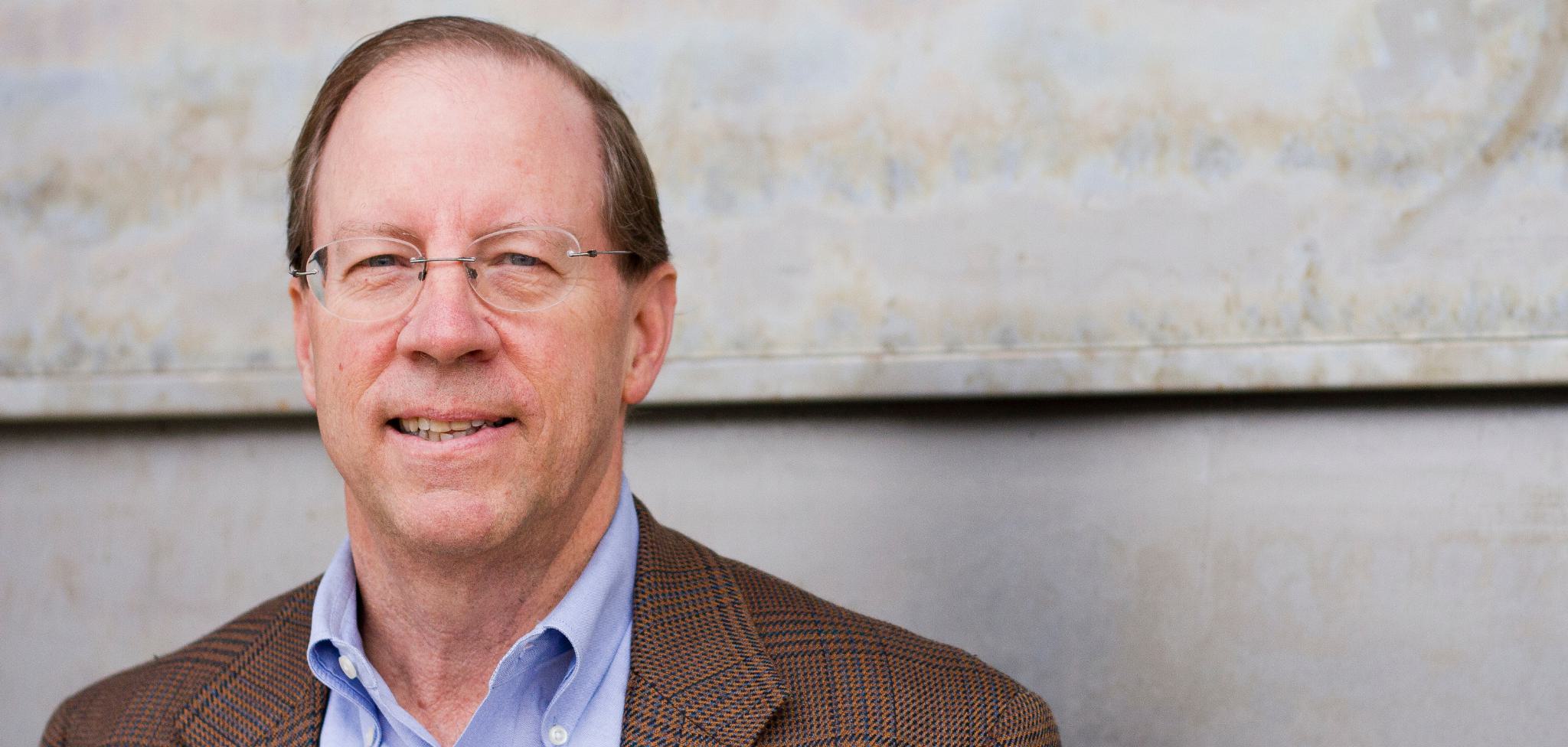I recently watched a documentary in which a news reporter and a cameraman were asking a simple question of passersby on the street: “How do you determine what is right and wrong?”
Most of the people were dumbfounded by the question and struggled to come up with a coherent answer. It struck me how modern people are so morally confused.
The reason is that so many individuals believe that moral truth is merely subjective. They believe it comes from within the heart and that it is an inner feeling that you discover for yourself. “It is my truth.” “It is true for me, but it might not be true for you.”
It’s so easy to see how this view of morality results in moral confusion. Clearly, it makes few demands on a person’s life. And what should you do when your heart doesn’t speak clearly and you don’t know what to do? How do you get an anchor in your life so that you can make wise, moral choices?
For centuries the Judeo-Christian view of morality was predominant in the western world.
This view contends that moral truth is an objective outer reality, revealed by God, and therefore you submit your life to it. These morals are true for all people, in all places, at all times.
Furthermore, this provides humanity with a moral compass, a moral certainty, so that we have the means to address the confusion we experience all around us. This has been found to be objectively true in the research of a brilliant man, Guenter Lewy.
An author and political scientist, Lewy has been a faculty member at Columbia University, Smith College and the University of Massachusetts. Back in the early 1990s, he set out to write a book on why America does not need religion. He saw so many of his conservative colleagues taking the position that religion is foundational to morality and social stability. He intended to prove that they were wrong. In his own words, he intended “to make a defense of secular humanism and ethical relativism.” He wanted to prove that they were “damned wrong".
After extensive research, the sheer weight of the evidence caused Lewy to change his mind. Instead, with academic integrity, he ended up writing his book, Why America Needs Religion, arguing that religion, particularly Christianity, leads to lower rates of almost every social pathology – including crime, drug abuse, teenage pregnancy, and family breakdown. He clearly recognized the positive influence that Christianity makes on people’s attitudes and intentions. He saw unmistakably how it instills responsibility, moral integrity, compassion, and generosity.
Lewy concluded:
Contrary to the expectation of the Enlightenment, freeing individuals from the shackles of traditional religion does not result in their moral uplift. On the contrary, the evidence now shows clearly that no society has yet been successful in teaching morality without religion.
Lewy makes a strong argument that biblical morality makes a difference when it is followed out in the real world. The only way to explain the outcome of his research is to recognize that when people’s lives are lined up with the objective structure of God’s moral law, they are happier and healthier.
Richard E. Simmons III is the founding director of The Center for Executive Leadership, a faith-based ministry in Birmingham, Alabama focused on counseling businessmen and professionals. His column appears every weekend in 1819 News. Richard is the best-selling author of The True Measure of a Man, Reliable Truth, and The Power of a Humble Life. His newest book, an Amazon best-seller, is Reflections on the Existence of God – a series of short essays seeking to answer life’s most enduring question: Does God exist? You can find Richard's weekly blog, podcast, and more at richardesimmons3.com. The views and opinions expressed here are those of the author and do not necessarily reflect the policy or position of 1819 News. To comment, please send an email with your name and contact information to Commentary@1819News.com.










